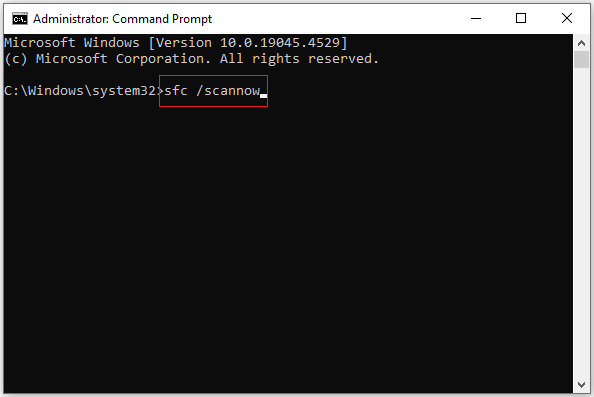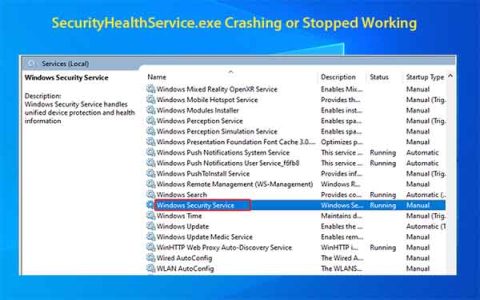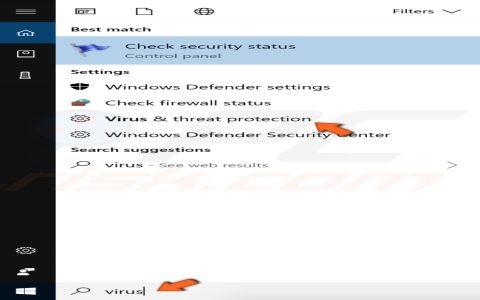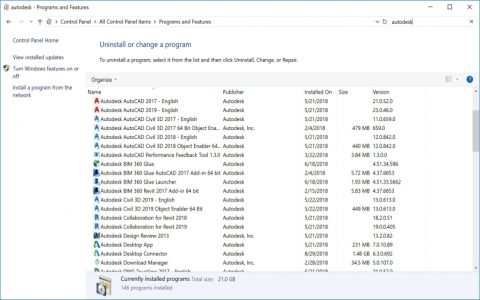* handles the Windows lock screen interface. Unusually high CPU usage from this process often indicates a software conflict or system corruption. Follow these targeted troubleshooting steps to resolve the slowdown.
Immediate Corrective Actions
Terminate LockApp Process:
Press Ctrl+Shift+Esc to open Task Manager. Right-click "*" under Processes and select "End task." This provides temporary relief while implementing permanent solutions.

Force Windows Update:
Navigate to Settings > Update & Security > Windows Update. Install all pending updates. Critical system patches often resolve background process conflicts.
Advanced Resolution Techniques
System File Verification:
- Open Command Prompt as Administrator
- Run: sfc /scannow
- After completion, execute: DISM /Online /Cleanup-Image /RestoreHealth
- Reboot when finished
Disable Problematic Lock Screen Features:
- Go to Settings > Personalization > Lock screen
- Disable "Get fun facts, tips, and more from Windows Spotlight"
- Switch background setting to "Picture" instead of "Windows Spotlight"
Clean Boot Diagnosis:
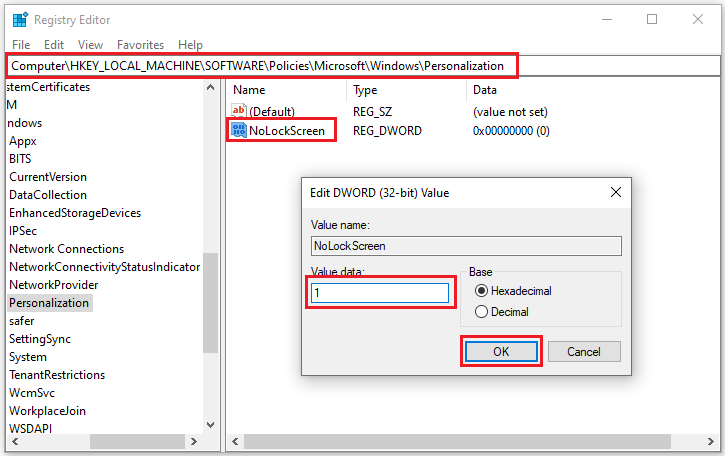
- Type "msconfig" in Windows Search and launch System Configuration
- Under Services tab, check "Hide all Microsoft services" > Disable all
- Open Task Manager > Startup tab > Disable all startup items
- Reboot and monitor CPU usage
Final System Checks
Malware Scan:
Run full scans with Windows Defender (Windows Security > Virus & threat protection > Scan options > Full scan) and your installed third-party antivirus. Malware frequently mimics system processes.
Driver Updates:
Update graphics drivers through Device Manager (display adapters) or manufacturer's software. Outdated GPU drivers commonly cause lock screen issues.
Consistently high CPU usage after these steps may indicate deeper OS corruption. Consider creating new user profiles or performing Windows repair installations.
